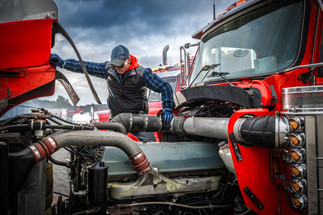Jan 29th 2026
How Ice & Cold Temperatures Affect Diesel Engines in Heavy Equipment
Diesel equipment owners face unique challenges in winter that can put their machinery and vehicles at risk. Cold temperatures and the formation of ice can wreak havoc on heavy equipment and diesel eng
…






